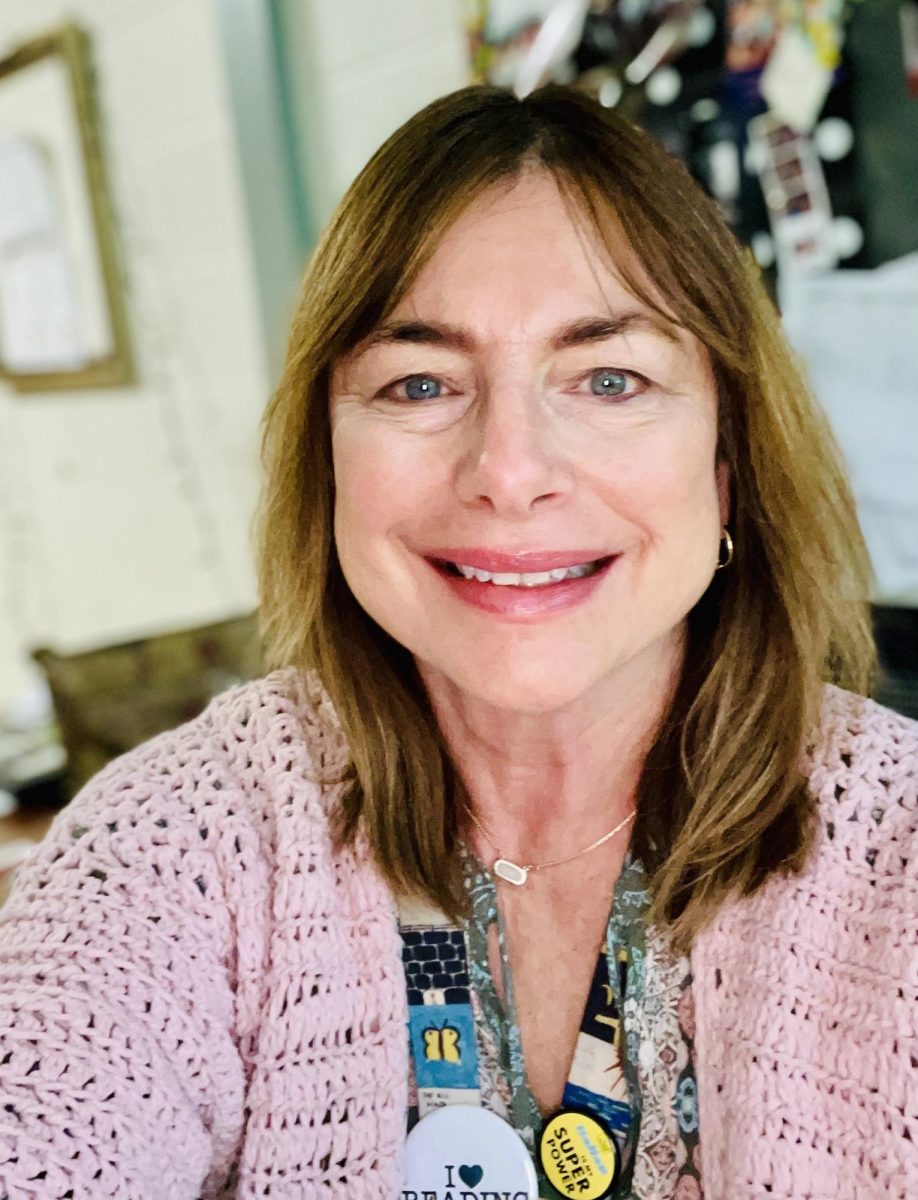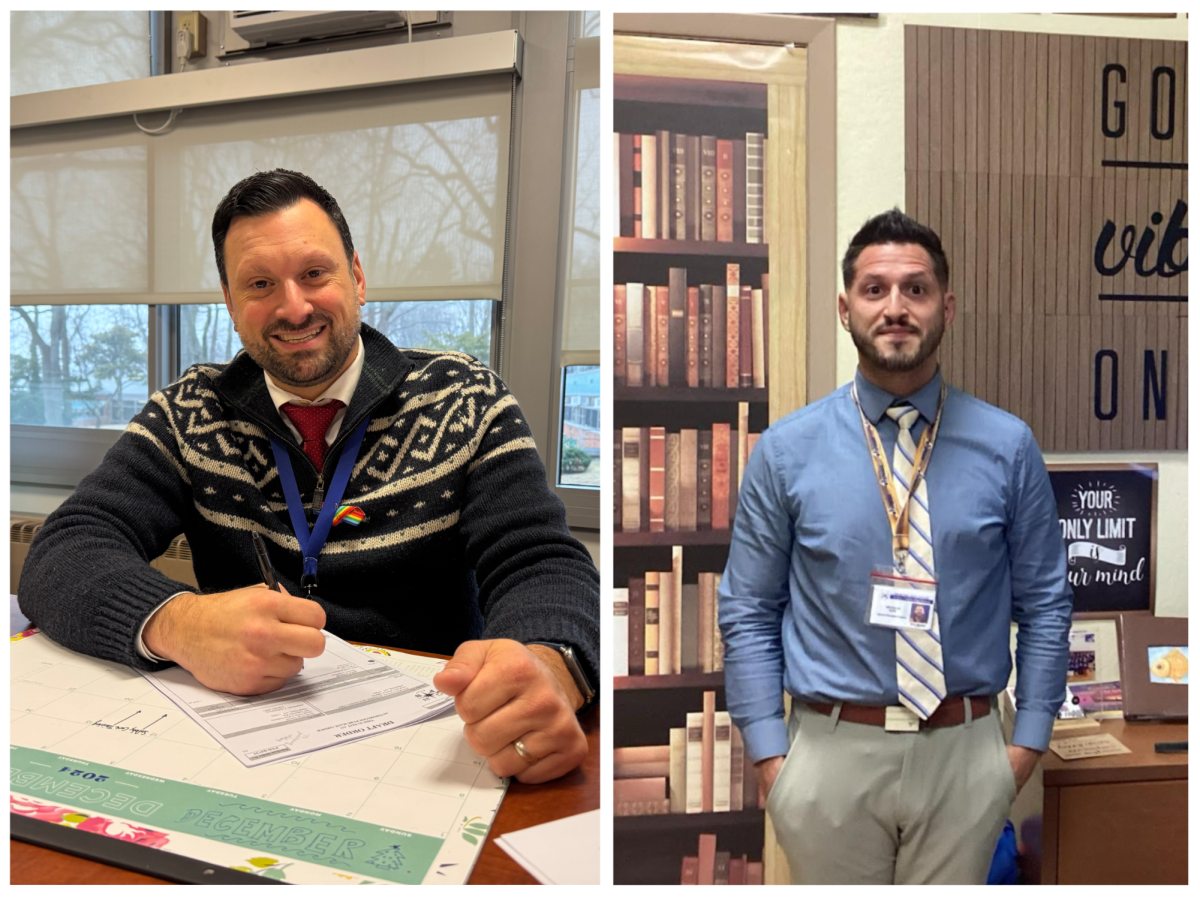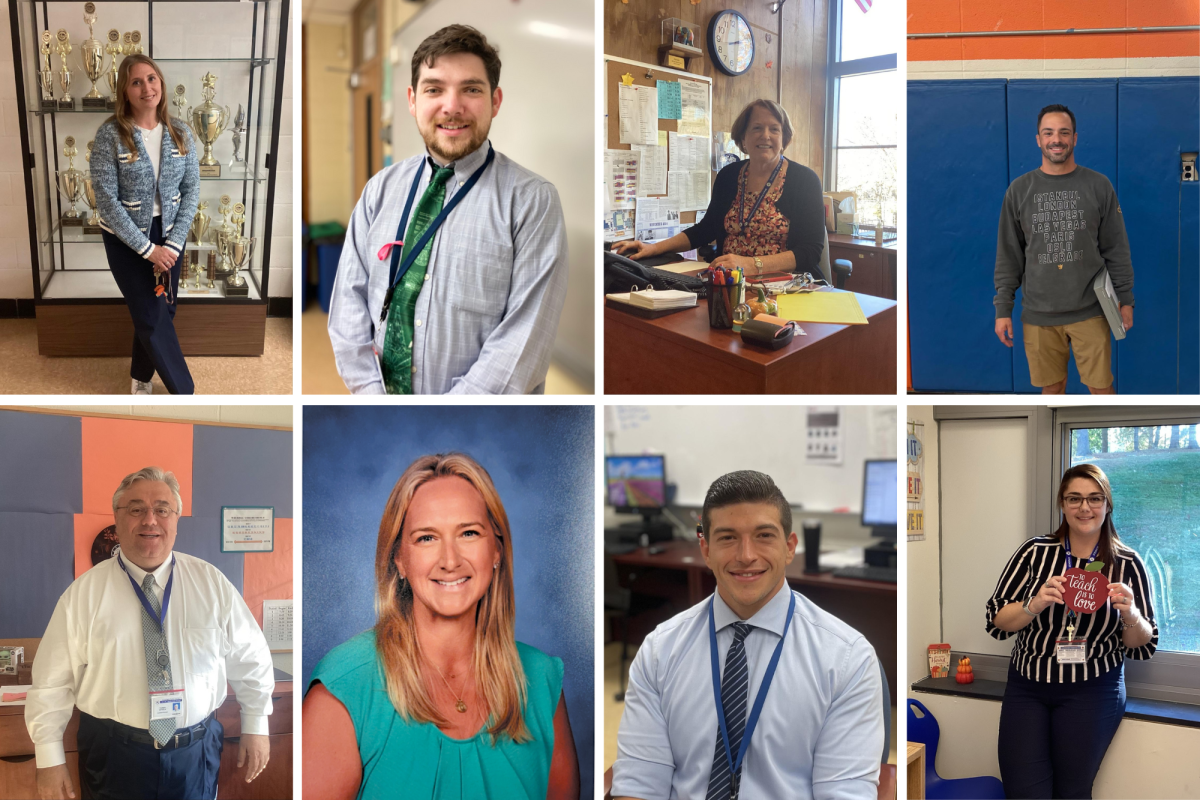
By Jenny Ye
People compete all the time. Spelling bees, drawing contests , and sports tournaments are just a few ways we showcase our talents. The more participants, the sweeter the victory. But imagine how that victory would feel if the competition expanded — for example, to a global level.
This summer, senior Eric Kuang qualified for the International Earth Science Olympiad (IESO) in France along with seven other students around the country who together represented Team USA.” They joined various other teams from all around the world to compete in three different events : individual testing, international field studies, and poster board presentations.. People from different countries were also put together to answer questions in field study groups, whichwas meant to represent that environmental problems can only be solved when working with other countries.
But how did Kuang even get this opportunity? Through a grueling selection process. Interested students had to take an entrance exam at their schools, testing their environmental science knowledge. To do this, they had to contact an advisor willing to proctor the exams and send them to the IESO organisation. The test was approximately 2-3 hours long, including multiple choice questions and an essay. From there—if they qualified—they were sent to a camp at the University of Vermont to further test their skills . They had lectures and quizzes, but spent the majority of their time doing fieldwork: identifying rocks and minerals, measuring dips and strikes, identifying landforms and geological structure, and inferring geologic history from observations. Eight students were initially selected from South, but only Kuang was chosen to go to France. “They didn’t tell us directly why each of us [was] chosen or not, but they evaluated this based on many different aspects, including quiz and test scores, essay responses, presentation skill, fieldwork ability, leadership, and interpersonal skills,” Kuang said. “[Being a member of] the Planetary Science Club helped me a lot, because one major activity of the club is preparing for IESO”
After all the Team USA’s hard work and dedication, they won three gold medals and one silver medals on field work and posters, and two silver medals and two bronze medals on individual tests. Kuang himself won a silver medal on a n individual test. But that’s not what he found was most rewarding about the experience. Kuang said,“You get to work with current and future scientists from all over the world, build connections with them, learn about different cultures, and broaden your horizons.”






